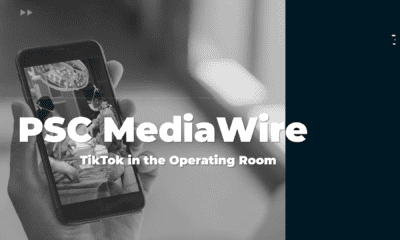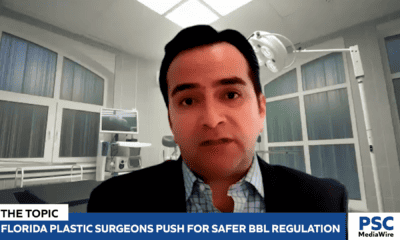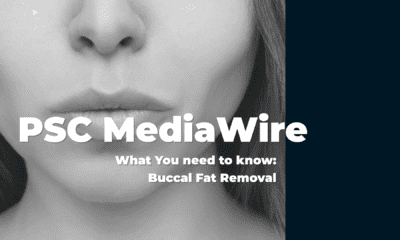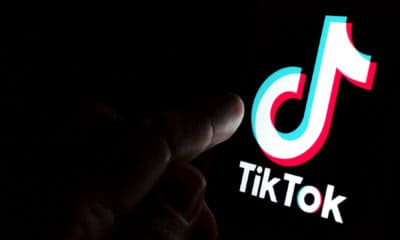Selfies –the act of taking photos of one’s self on a smart phone– is growing at a fast pace, with some alarming results. It’s a trend that caught on fast, with people capitalizing on the craze by holding parties in honor of the “selfie”. There are no age boundaries. Children, teens and adults are all competing for the best selfies. At times, they become the recipient of bullying from their peers, based on their appearance from a transmitted photo. The result is an interesting mix of modern technology, social interaction and plastic surgery.
By Beverly Brooks
The Plastic Surgery Channel
 Dr. Dustin Reid, a board certified plastic surgeon with Restora Austin Plastic Surgery Centre, has taken a few selfies himself — for fun! However, he doesn’t like the way this new trend can lead to negative feelings when people are disappointed with their photos. “The cameras on phones and devices are not always putting us in the best light, leading people to seek plastic surgery to make changes.”
Dr. Dustin Reid, a board certified plastic surgeon with Restora Austin Plastic Surgery Centre, has taken a few selfies himself — for fun! However, he doesn’t like the way this new trend can lead to negative feelings when people are disappointed with their photos. “The cameras on phones and devices are not always putting us in the best light, leading people to seek plastic surgery to make changes.”
According to the American Academy of Facial Plastic and Reconstructive Surgery, one in three doctors noticed an increase in facial procedure requests in 2013, possibly attributed to the selfie craze.
“Selfies, texting and an increased awareness in photos drives business, but it’s not always in the patients’ best interest,” says Dr. Louis Bucky, a board certified plastic surgeon in Pennsylvania. “We spend a lot of time telling people, ‘don’t be so hard on yourself’.”
Smartphones and Insecurity
There’s no shortage of people wanting to look their best when they snap a photo. “Everyone is taking pictures of themselves and sending them to their friends,” says Dr. Bucky. “While we all want to have a little fun with our phones, it turns out the devices aren’t so ‘smart’ after all, due to poor lenses and poor lighting.” The resulting images can be disheartening to people, thinking that is exactly what they look like to others.
Body Dysmorphic Disorder
 Studies are being conducted by the Anxiety and Depression Association of America to find out the emotional effect selfies can have on your health. If someone obsesses over perceived flaws in their body, they may be suffering from a condition called Body Dysmorphic Disorder. It’s a chronic mental health condition, ultimately leading to very low self-esteem.
Studies are being conducted by the Anxiety and Depression Association of America to find out the emotional effect selfies can have on your health. If someone obsesses over perceived flaws in their body, they may be suffering from a condition called Body Dysmorphic Disorder. It’s a chronic mental health condition, ultimately leading to very low self-esteem.
Importance of Facial Rejuvenation Consultations
Both Bucky and Reid want to know up front if their patient has unrealistic expectations. A facial rejuvenation consultation should include showing the patient what they look like in photos and in the mirror. “We all know what we look like in a mirror, but then we see a selfie and the reality is… the photo may make us look completely different, and it’s disappointing,” says Dr. Reid. Responsible plastic surgeons are careful to screen people so they get the correct procedure for all the right reasons.















Facebook
Twitter
Instagram
YouTube
RSS